Understanding HER2-Positive Breast Cancer

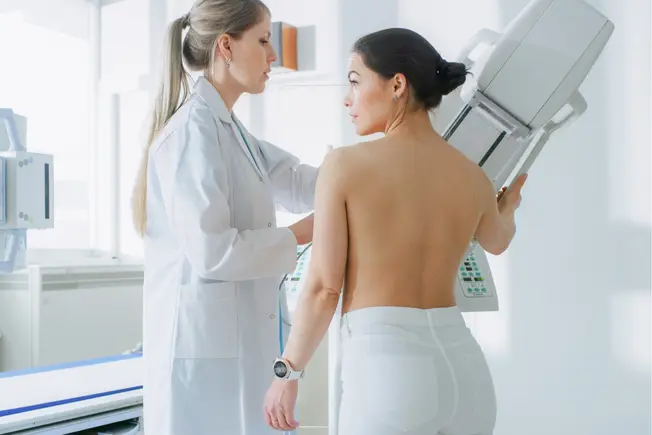
Understanding HER2+ Breast Cancer
If you've been diagnosed with early-stage HER2-positive (HER2+) breast cancer, know that there are effective treatment options available. Depending on your circumstances, the treatment will likely include some combination of surgery, targeted therapy, chemotherapy, and possibly other therapies.
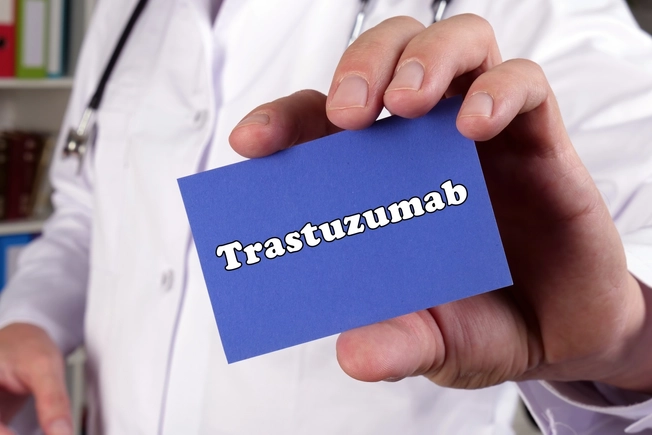
Targeted Therapy
Targeted therapy is a cornerstone of HER2+ breast cancer treatment. These drugs specifically attack cancer cells with high levels of HER2 protein, potentially slowing or stopping their growth. The most common targeted therapy is trastuzumab (Herceptin), often used alongside chemotherapy. Your doctor may recommend targeted therapy before surgery, after surgery, or both.
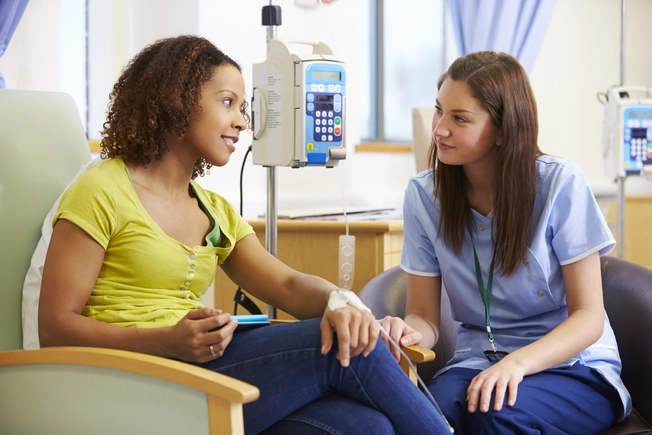
Chemotherapy Options
Chemotherapy is often used in combination with targeted therapy for HER2+ breast cancer. It involves using drugs to destroy cancer cells or stop them from growing. Your doctor may recommend chemotherapy before surgery (neoadjuvant) to shrink the tumor or after surgery (adjuvant) to kill any remaining cancer cells. The specific drugs and duration of treatment will depend on your individual case.
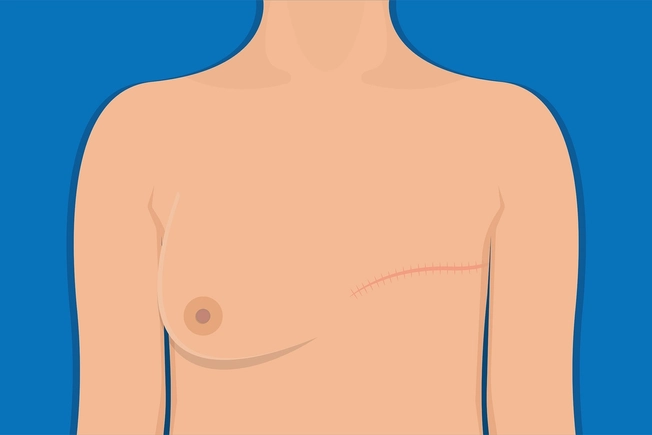
Surgery: Lumpectomy vs. Mastectomy
Surgery is typically part of early-stage HER2+ breast cancer treatment. The two main options are lumpectomy (removing the tumor and some surrounding tissue) and mastectomy (removing the entire breast). Your choice may depend on factors such as tumor size, location, and personal preference. Discuss the pros and cons of each option with your surgeon to make an informed decision that feels right for you.
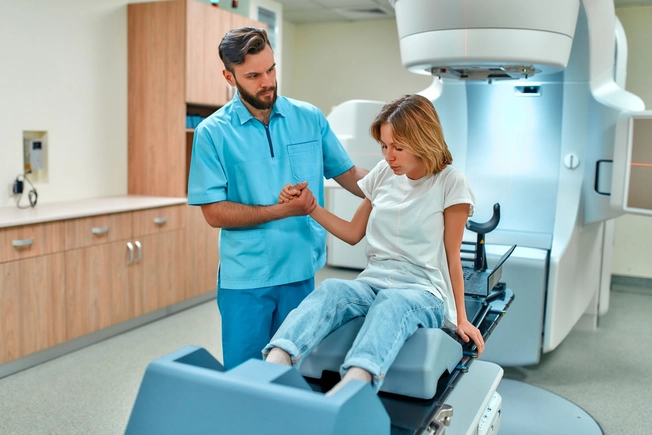
Radiation Therapy
Radiation therapy often follows surgery, especially after a lumpectomy. It uses high-energy rays to kill any remaining cancer cells in the breast or nearby lymph nodes. While it can cause side effects, such as skin irritation or fatigue, they usually go away. Radiation therapy can significantly reduce the risk of the cancer coming back.
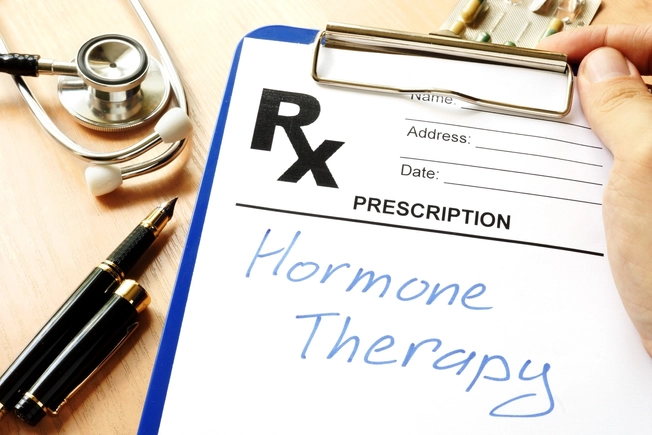
Hormone Therapy for HR+/HER2+ Cancer
If your cancer is both hormone receptor-positive (HR+) and HER2+, hormone therapy may be part of your treatment plan. This therapy blocks the effects of estrogen or lowers estrogen levels in your body, potentially slowing or stopping cancer growth.

Treatment Side Effects
While treatments for HER2+ breast cancer can be effective, they may cause side effects. These can include fatigue, nausea, hair loss, or skin changes. Not everyone experiences the same side effects. Tell your health care team about any issues you're facing. They can offer ways to manage side effects and may be able to adjust your treatment if needed.
PHOTO CREDENTIALS
Slide 1 - Gorodenkoff/Shutterstock
Slide 2 - Yuriy K/Shutterstock
Slide 3 - Monkey Business Images/Shutterstock
Slide 4 - Pepermpron/Shutterstock
Slide 5 - ORION PRODUCTION/Shutterstock
Slide 6 - Vitalii Vodolazskyi/Shutterstock
Slide 7 - nampix/Shutterstock
SOURCES
Signal Transduction and Targeted Therapy: "Targeted therapeutic options and future perspectives for HER2-positive breast cancer."
UpToDate: "Patient education: Treatment of early HER2-positive breast cancer (Beyond the Basics)."
World Journal of Clinical Oncology: "Targeted therapies in breast cancer: New challenges to fight against resistance."
American Journal of Managed Care: "Integrating Trastuzumab Biosimilars and HER2-Directed Therapies into HER2-Positive Breast Cancer Management."
Medical Oncology: "Biosimilars for breast cancer: a review of HER2-targeted antibodies in the United States."
FDA: "What Are 'Biologics': Questions and Answers," "Biosimilar and Interchangeable Products."
Perjeta: "Important Safety Information/Indications."
National Cancer Institute: "Definition: Biologic," "T-DM1 Approval Expanded to Include Some Women with Early-Stage HER2-Positive Breast Cancer," "FDA Clears Wider Use of Cooling Cap to Reduce Hair Loss during Chemotherapy," "Skin and Nail Changes during Cancer Treatment," "Surgery Choices for Women with DCIS or Breast Cancer," "For Some Women with Breast Cancer, Cost Influences Decisions About Surgery."
Global Journal of Health Science: "Cost-Effectiveness Analysis of Trastuzumab in the Adjuvant Treatment for Early Breast Cancer."
American Cancer Society: "Targeted Drug Therapy for Breast Cancer," "Coping with Hair Loss," "Managing Nausea and Vomiting at Home."
Mayo Clinic: "HER2-positive breast cancer: What is it?" "Diarrhea: Cancer-related causes and how to cope," "Lumpectomy," "Mastectomy."
Annals of Oncology: "Incidence and management of diarrhea in patients with HER2-positive breast cancer treated with pertuzumab."
Breastcancer.org: "Skin Discoloration," "Lumpectomy Plus Radiation Offers Better Survival Rates Than Mastectomy for Early-Stage Breast Cancer."
Memorial Sloan Kettering Cancer Center: "Caring for Your Skin during and after Cancer Treatment," "Types of Breast Cancer," "Surgery for Male Breast Cancer."
Cosmetic Executive Women Foundation/Cancer+Careers: "Clothing During Cancer."
Annals of Surgical Oncology: "Disparities in Breast-Conserving Therapy for Non-Hispanic American Indian/Alaska Native Women Compared with Non-Hispanic White Women."
Breast Cancer Action: "SABCS 2015: Comparing Lumpectomy vs. Mastectomy: Survival, Complications, and Cost."
Journal of the National Cancer Institute: "Cost Comparison of Mastectomy Versus Breast-Conserving Therapy for Early-Stage Breast Cancer."
Johns Hopkins Medicine: "Mastectomy."
Harvard Health: "When can women with early-stage breast cancer skip radiation after lumpectomy?"